The problem is prices.
Also, colleges as subprime mortgage brokers.
“You know, every now and then you say something so stupid, but it actually makes sense.”
Containers on Grand
“A rare multi-unit shipping container apartment building is ready for occupancy in downtown Phoenix, Arizona. Containers on Grand, designed and built by StarkJames, forges eight one-bedroom apartments out of 16 standard 40-foot-by-8-foot containers.”
“Leaving a metal box fully exposed to a Phoenix summer is a challenging design choice.”
"Buyers are sitting on their hands, and sellers are saying they're not going to change the price."
(The above quote is from a February 2007 article about Dan Marino having trouble trying to sell his South Florida home. Sounds close to what’s going on right now in real estate.)
“Most portfolios today are positioned for a painless “immaculate disinflation,” and to the extent investors own assets for protection these are bonds that hedge against recession, not gold or commodities that hedge against inflation.
With this kind of portfolio structure, contemplating the possibility of an inflationary boom may be simply too painful. As Upton Sinclair said “it is difficult to get a man to understand something when his salary depends on not understanding it.” Accordingly, many investors prefer to look for reasons to disbelieve the data instead of recognizing that their portfolios are wrongly structured. And given the distortions created by reflexivity in financial markets—and exacerbated by indexation, algorithmic trading and other forms of herding—denying reality can continue to be a viable investment strategy for a surprisingly long time.”
Anatole Kaletsky, Gavekal
“This Housing Market is Still Frozen”
“The Foreclosure sub-index reflects the number of intakes related to foreclosure as a share of total intakes across all areas of law.”
“The Consumer Finance sub-index reflects the number of intakes related to consumer finance issues such as billing disputes, auto repossessions and payday loans, as a share of total intakes across all areas of law.”
Delinquency Rate on Single-Family Residential Mortgages, Booked in Domestic Offices, Banks Not Among the 100 Largest in Size by Assets
A reminder: In 2006 and 2007, when the writing on the wall was obvious to careful observers, delinquency rates and foreclosures were at similar levels to today. A number of measures (e.g., the VIX, the Fed’s financial stress measures etc.) tend to get very, very low, right before getting very, very high. Stay frosty.
Melody Wright warns: “Most Americans simply cannot afford to buy or maintain the cost of owning a home” Not at these prices.
Homeownership Rate
The official homeownership rate is down from the last bubble, but still higher than 30 years ago. I looked up how they calculate the number: “The homeownership rate is computed by dividing the estimated total population in owner-occupied units by the estimated total population”
What if the estimates of “owner-occupied units” are wrong?
As Melody Wright pointed out back in October 2023:
“If you saw some of these loans that I’m now seeing, because I’m having to pay attention because the delinquency is starting to creep up, this isn’t a first-time homebuyer - these are investors that have used the FHA program and said that they’re owner-occupied. The Philly Fed came out with a great paper saying about 30% of all investor loans are fraud…”
Perhaps the homeownership rate is lower than the numbers say.
The Fed’s interventions in 2008 and since have massively distorted the housing market.
“As the Fed intervened in the market with QE, and dropping rates to zero, and all the implications of that, all the risk appetites came back into the game. The institutions were emboldened to jump into this space and started buying up single family housing en masse, and typically institutional investors had never even thought about single family - it was too disjointed and fragmented of a place to buy and play, at least from the investment standpoint, and within like six months of them deciding to get in, the entire opportunity set that I was playing in had gone to zero because they had just driven out the returns by this tsunami of liquidity that came into the industry.”
The Problem is Prices
“Your viewers need to understand that in this housing market, the problem is not mortgage rates, and I know that sounds kind of crazy for some people to understand, because, you know, we were at three or 4% mortgage rates, now we're at seven, how is the problem not mortgage rates? Well, the problem is prices. The prices are what is at historical highs and elevated levels, and it's those ridiculous prices, like when a home buyer goes on Zillow and tries to buy a three or two-bedroom starter home, and they're having to pay over $650,000 - home buyers don't want to do that even if the mortgage rate goes down to six or five and a half, so regardless of their financing terms, the sticker price is causing so many home buyers in this market to just stop looking.”
I notice that some on the interwebs think Gerli is a ‘doomer’ grifter, and I don’t know, but I do know that I think what he says above is accurate. As a reminder, during the last housing bubble, housing bears were viciously mocked and attacked by housing shills (and the MSM), and the housing shills today still outnumber the doomers 100 to 1.
Gerli notes that in many markets (e.g., Dallas), inventories in poorer neighborhoods are spiking, while in more affluent areas (fewer investors?) they are very low. Check out the podcast yourself if interested.
Since 1971, the average 30-year fixed rate has been 7.71%, and the median 7.38%. Freddie Mac below says we’re currently at 6.90%.
Rates are not high, rates are normal. The prices are abnormal.
30-year fixed mortgage average rate:
Inflation-Adjusted Case-Shiller Home Price Index
United States Existing Home Sales
"They manipulated interest rates for so long that the entire stock of commercial real estate in the world going into covid, and during covid, was trading at valuations that were completely predicated on interest rates being zero forever."
The Real Estate Hustle-Culture
The funds that Cardone promotes online are a type of syndicated investment. He asks his followers to invest, pools the capital, uses these proceeds to secure large loans, and then buys up undervalued(?) rental properties on the premise that he can quickly increase the rents. He produces steady returns with the rents (the passive income), and by increasing the amount the building can earn, he’s also able to increase the value of the property itself. Along the way, Cardone takes management fees, acquisition fees, and up to 20 percent of the profits. Cardone has also been accused of quietly buying the properties in advance and then selling them back to the fund at an inflated price.
“I wrote a piece in January 2000. I listed 13 companies that were 74% of the S&P return in 1999, okay, and two of them went down 40%, three went under and the rest went down 80% to 90% over the over the next 10 years, so now we're similar to that.”
Jim Welsh calling for “the end of the secular bull market that bonds have been in from 1981 to 2020.
We are now starting a new secular bear market, and if you look at retracement levels of the decline in the 10-year, you're talking seven and a half, 8%, conservatively, so my point is if we get a recession the Fed is going to respond, they're going to cut rates. That's how TLT can maybe get up to those upside targets right, but then you're going to have an avalanche of supply from the Treasury because knowing Congress, they want to ramp up spending higher than it already is, and I think the markets choke on that supply, and we saw the first hints of that in September, October, where there were two auctions that hardly anybody showed up and Treasury yields jumped by 50 basis points into their high in October, so to me that is one of the dynamics of why I believe a secular bear market in equities is not too far off, because I think a secular bear market in bonds, treasury bonds, has already begun. We're just in this retracement rally based on, okay, we're going to see weakness, and after that then I think think Katy bar the door, you know. So that's kind of the bigger picture view, if you will.”
July 1999: "We're buying the brands that aggregate the most amount of eyeballs." - Marc Gabelli (the son of Mario), manager of the Gabelli Global Interactive Couch Potato Fund.
In January 2000, Gabelli renamed the "Gabelli Global Interactive Couch Potato Fund" to the "Gabelli Global Growth Fund."
Passive Investing’s Effects
“…A dollar into the market creates $5 of market cap…my work actually takes that a little bit further, and says if I separate out active managers versus passive managers, I get very different numbers in terms of their impact. Mine looks more like $2 of market value created for an active manager and about $17 created for a passive manager, and so when you have passive gaining share, it creates this inflationary dynamic within markets”
Appliance component company Robertshaw files for bankruptcy
This was sent to me, and it’s a little over my head, but those of you into bankruptcies and creditor battles may find it amusing: Ruthless creditor-on-creditor violence
Alex J. Pollock with Jim Grant
“My nomination for the next surprise is that things will be worse than we think when it comes to the combination of what is going to happen to the banking and financial system, with the collapse of commercial real estate, combined with terrifically exposed losing interest-rate risk positions on the part of the banks in particular, and of course the Fed itself, which was the leader in turning itself into a gigantic Titanic 1980’s-style Savings and Loan.”
Jim Grant:
“The biggest S&L in the world!”
Other gems…
Pollock: “What is the collateral for a real estate loan? People say the building, the house, but let's say commercial real estate - the building - and I say not correct. The collateral is the price of the building, the price of the house, not the physical thing. It's the price, the price being a very abstract thing, and then question two is how much can a price change, and my answer there is more than you think. That's why I think the crisis can be more than you think...” (Grant: “Things can also rise…”)
Grant: “The pandemic that spawned all of this lending and borrowing and suppression of rates, and all manner of of offenses against sound financial practice, it has been terrifically lucrative for the practitioners of leveraged finance, by which I mean to say the the people who borrow money with which to
invest and speculate, and and also to ordinary uh 401K holders…”
Pollock: "The mission of the bond salesman is to find the biggest suckers."
Pollock: “Leverage is the Snake in the financial Garden of Eden”
Grant: “Not until 1935 was real estate readmitted to the list of eligible assets for nationally chartered Banks to hold.”
Pollock: “It seems to me essential if you are going to have any kind of reasonable behavior in student loans that the colleges…share in losses. I mean, the colleges play the role of a subprime mortgage broker. They're making subprime loans. They get all the money up front, and all the risk goes to somebody else, and they've got zero risk. So it follows as the night into day that the loans will not behave well, and indeed they're a vast disaster.”
Pollock: “Risk migrates to the hands least competent to manage it.” [Stanton’s Law] Evan: “Is that why central bank balance sheets are so big?” Pollock: “Yes, yes, and completely unhedged.”
I’ve quoted Pollock a few times over the years:
“The Federal Reserve Reform Act of 1977, for one, does not say ‘price stability.’ It does in particular not say ‘a stable rate of inflation.’ It says ‘stable prices.”
“...from 1960 to 2010, before a decade of suppression of interest rates to abnormal lows by the Fed...the 10-year US Treasury note yielded more than 4% for 90 per cent of the time...”
“The Federal Reserve has made itself into the biggest savings and loan in the world." (This was in 2017!)
Nick Halaris and Simon Mikhailovich Particularly recommended.
“It's one thing when outlier States like Cuba or Iran are forced into the situation [of sanctions], but all of a sudden Russia is forced into the situation, which, by the way, is the largest or second largest supplier of commodities around the world, both agricultural and and petrochemical commodities, and all kinds of metals. The next thing - people in India and China and Iran and Saudi Arabia and Brazil are looking at this, and saying, well wait a minute, maybe we're going to be next, so the support for U.S dollar is slowly - it's not an overnight thing. It's hard to replace - but it's slowly declining, and that ultimately reduces the ability of the Fed and the U.S. government to borrow without limits without triggering dollar devaluation, an inflationary spiral, and things like that. If we were Argentina, we would be we would have been there decades ago, so it's all about credibility.”
Simon Mikhailovich
The U.S. Treasury Department’s weaponization of the dollar I think will have massive negative consequences over time.
Last post I mentioned private credit. Here’s Michael Kao:
“The Ostrich Effect effectively says:
“If I can’t see the Risk, I can just ignore it.”
Too bad Volatility is not the same thing as Risk of Permanent Capital Impairment.
Private Equity and Private Credit may have “solved” the problem of eliminating Volatility from published returns, but they have most definitely not eliminated Risk of Permanent Capital Impairment. In fact, they may exacerbate the REAL Risks by hiding them from investors until it is too late.”
U.S. Dollar Index
Interesting divergence between the gold price and Newmont.
Sam Faddis with Michael Farris Hard-hitting comments on U.S. foreign policy, open borders, and WMD by the author of The CIA War in Kurdistan.
"There's no strategy or sense to what we do...we default to 'let's call in airstrikes on somebody.' That's a tool. What's your plan? What is your strategy? What are your principles? How did we get here?…We're in chaos, we're adrift."
"In my experience you can't sneeze in the Gaza strip without Shin Bet knowing. Every other guy on the block is taking money from the Israelis to rat out his buddies and talk to Shin Bet..."
"What's best for America, domestically and internationally - that's what we should be doing...Our policy is open borders. They're not failing to secure the border. It's not like they're trying and failing. The policy is "let everybody in."...Not just let 'em in, BRING 'em in."
Here Sam Faddis is describing Biden's senior director for trans-border issues at the National Security Council, Katie Tobin, who resigned last month after doing three years of irreparable damage.
“So do I think you can fix it? Yes. I think you need a President to go in there to authorize people to take really decisive action on all of these issues. For instance, if you went into CIA tomorrow, where there are huge numbers of good people, you probably should fire everybody on the top floor, the 7th floor is the top floor in the headquarters building. You should probably tell everybody on the 7th floor that their services are no longer required, the first second of the first day…That’s the kind of decisive action that will be required to retake this.”
I think these are particularly troubling questions:
"...a lot of indications that these guys are here to do something other than find a job...maybe there's nothing going on, maybe you guys are here to blow something up...we're talking about tens of thousands..."
Americans who are hurting economically should consider going to Mexico, throwing away all ID, and then coming back in.
"The book looks at the lockdown strategy, and basically traces the fact that - despite the fact that we all talked about following the science - there was no science behind it...if it hadn't been for the privileged people being able to work from home from Zoom we probably would not have had lockdowns..."
"The struggle of man against power is the struggle of memory against forgetting."
- Milan Kundera, The Book of Laughter and Forgetting



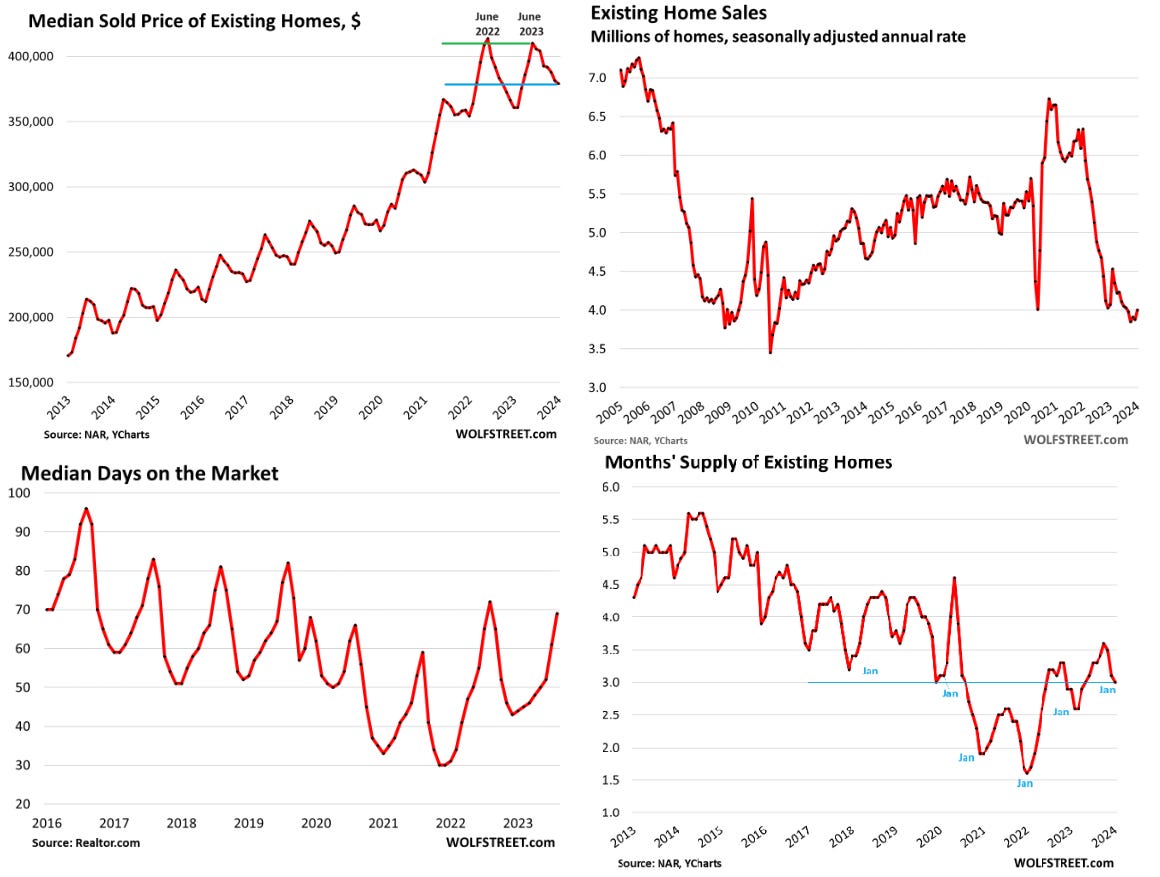
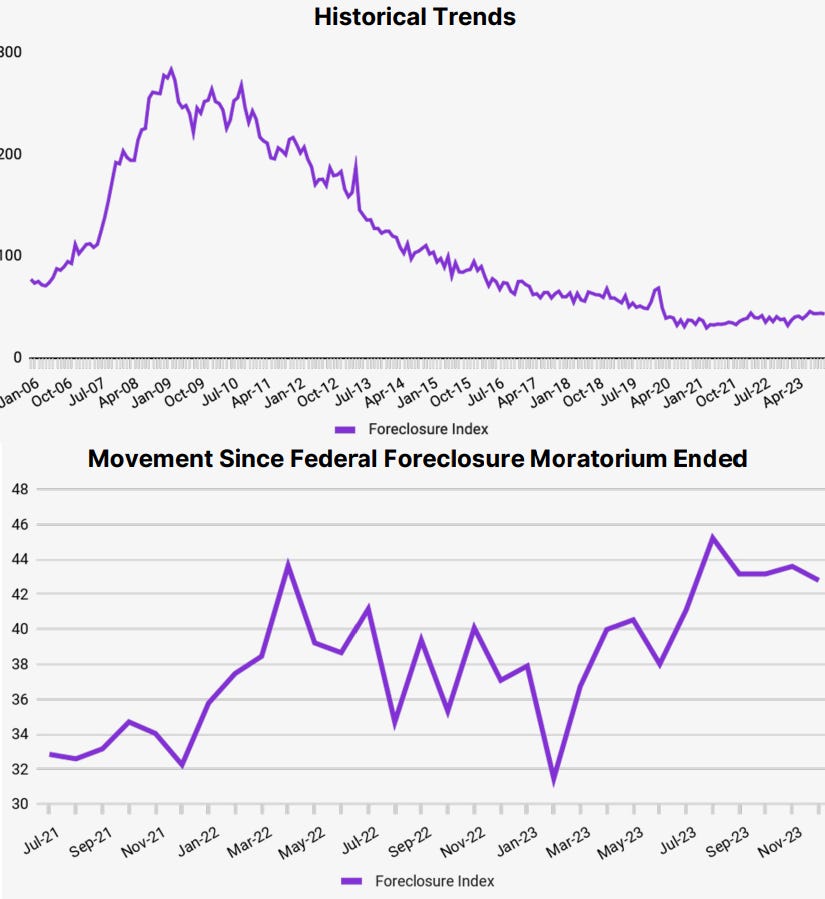



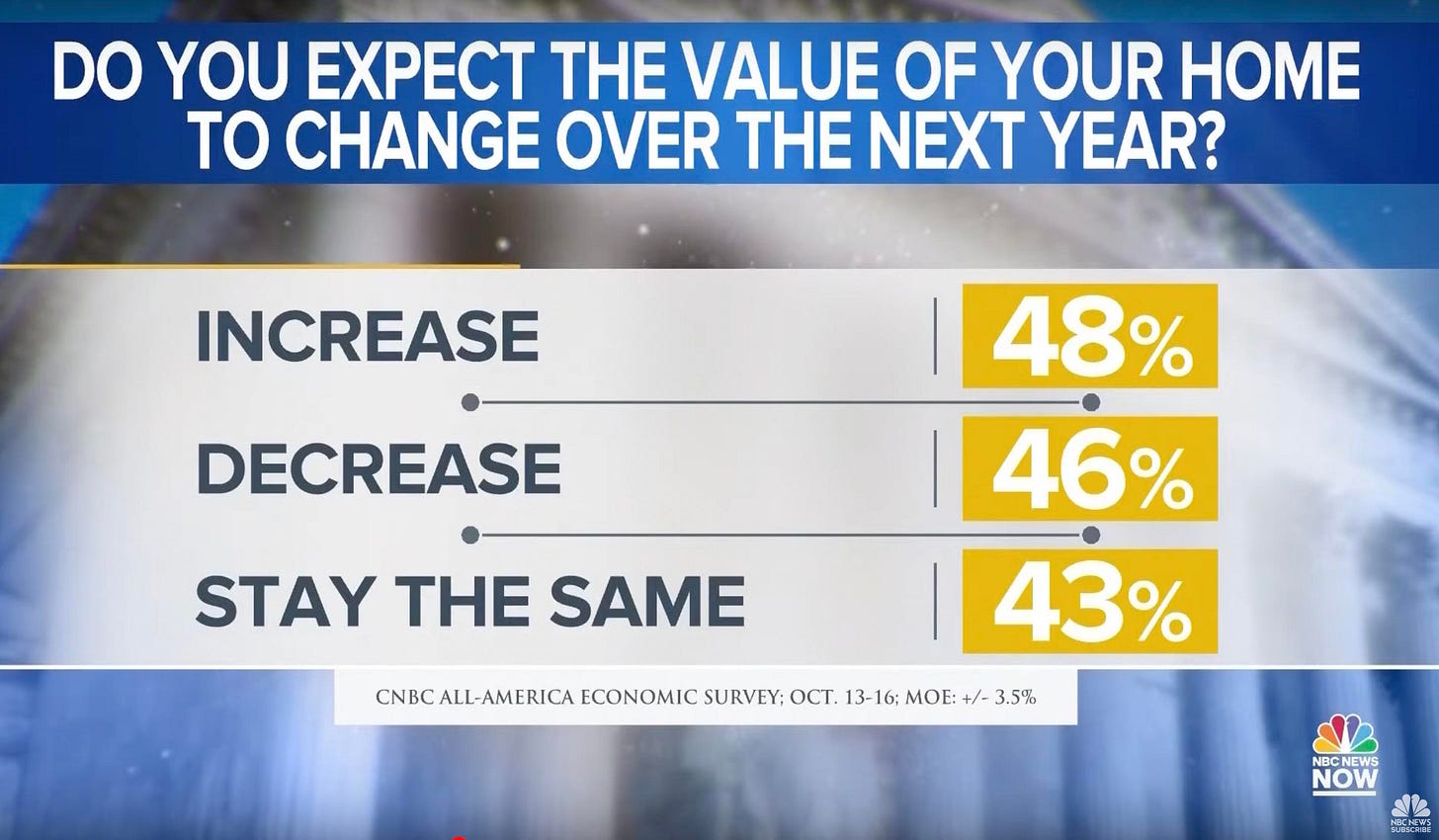

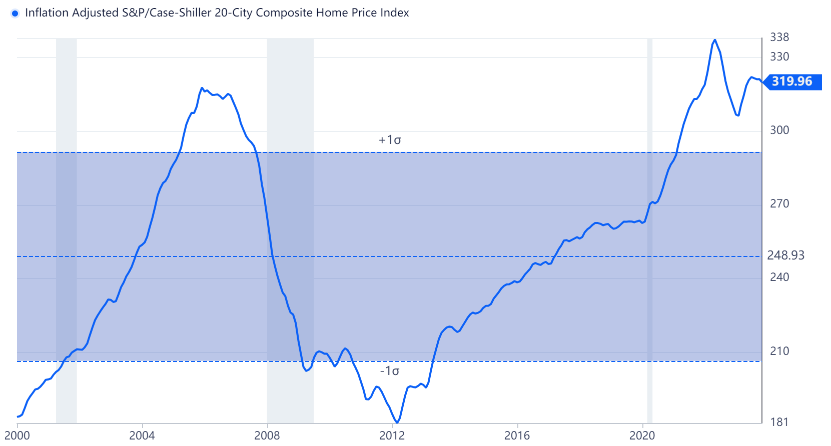





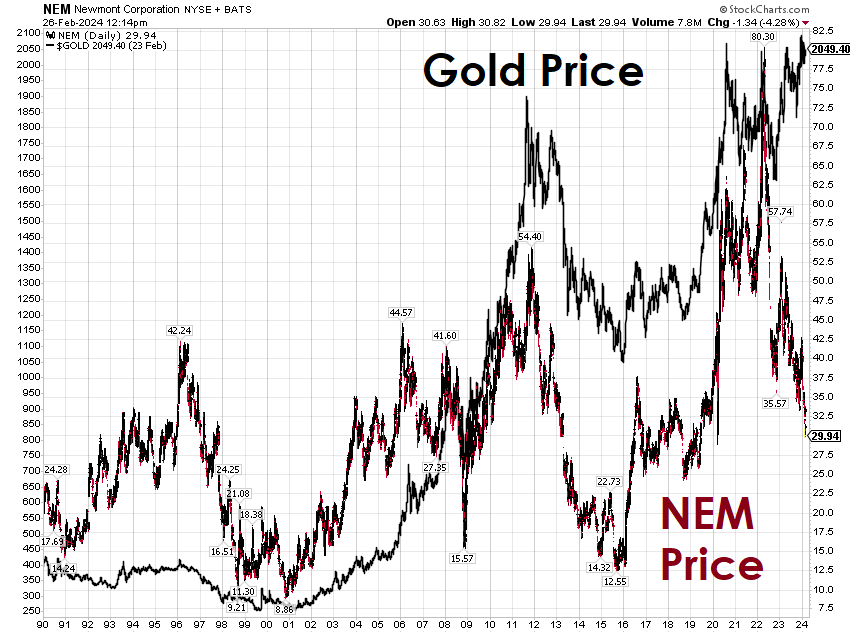
I know you prefer non-profane replies, but just to add a bit of anecdotal evidence to the “It’s Too Fucking High” mindset of buyers, I offer this: My wife and really want to downsize; not because we have to, because we want to live in a smaller home. We’ve looked at Concan, TX because it remains pretty much “UnCalifornicated.” But, you know what? I ain’t paying $900k for a 2,000 sq. ft. cabin. “Fuck you. JUST FUCK YOU!” I’ll keep my house in an area where the demand is over-the-top, and where I don’t even want to live anymore.
End the Fed and the CIA goes shortly after, along with most of DC; the IRS becomes redundant and psychopathic foreign adventures end as well. There is no downside to #ETF.
Where does one get shiny gold garbage bags? I must have some.
The Sinclair and Anatole Kaletsky quotes reminded me of this classic:
"Faced with the choice between changing one's mind and proving that there is no need to do so, almost everyone gets busy on the proof."
~ John Kenneth Galbraith